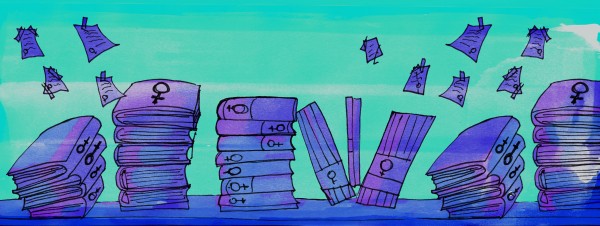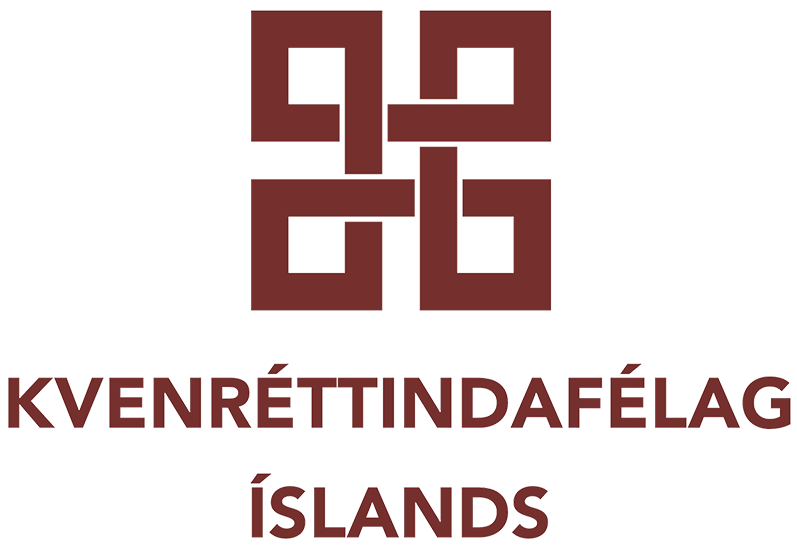
- Children witnesses of gender violence in the domestic context. Save the Children. 2011.
The report is the result of a 2010 research conducted by Save the Children about the institutional care received by children of women victims of violence. The research was conducted in three European countries: Iceland, Italy and Spain.
- City and Police to Counteract Domestic Violence. Eyglo Svala Arnarsdottir. Iceland Review Online, Iceland. 2015.
The article talks about the agreement on joint measures to fight against domestic violence signed by the Mayor of Reykjavik and the Chief of the Reykjavik Metropolitan Police.
- Domestic Violence Cases Double In One Year. Iceland Monitor, Iceland.2016.
In 2015, the number of domestic violence cases reported doubled compared to 2014. However, this number is not necessary an indicator of more violence, but possibly the result of more cases being reported, due to the cooperation between police forces and city authorities in Reykjavik.
- For Male Survivors. Stígamót.
Stígamót is the Education and Counseling Centre for Survivors of Sexual Abuse and Violence. This brochure provides information regarding male survivors, who comprise between 10-20% of the survivors who seek help at the Centre, and how they experience different effects of sexual violence than women.
- Hammarberg Highlights Enduring Problem of Iceland’s Domestic Violence. The Council of Europe, Strasbourg. 2012.
Article published by the Council of Europe website regarding the statements of the Human Rights Commissioner Hammarberg, after his visit to Iceland. He underlined the gravity of the gender-based violence problem in the country and called for stronger legislation on the issue.
- Iceland Needs Comprehensive Anti-Discrimination Legislation and an Equality Body. The Council of Europe, Strasbourg. 2012.
Article by the Council of Europe regarding the statement released by the Human Rights Commissioner, Hammarberg, on violence against women and xenophobia in Iceland.
- Intrafamilial Conflict and Emotional Well-Being: a Population Based Study Among Icelandic Adolescents. Geir Gunnlaugsson et al. Elsevier, Iceland. 2011.
The objective of the study is to ascertain a national base rate of intrafamilial conflicts and physical violence at home among Icelandic adolescents. It also seeks to investigate the relationship between witnessing, or having been a part, of intrafamilial conflicts with mental health and well-being. More than three thousands Icelandic adolescents took part in the study.
- Keeping the Windows Open. Hafdis Karlsdottir. Soroptimist International, Iceland. 2016.
The report explains the project “Keep the Windows Open”, organised by the Permanent Mission of Iceland to the UN in cooperation with the Women’s Rights NGO’s and the Metropolitan Police. The aim of the project is to cooperate for fighting violence in Icelandic societies and its consequences.
- Male Violence Against Women in Intimate Relationship in Iceland. The Ministry of Welfare, Iceland. 2012.
The report is the result of a research project carried out by the Icelandic Ministry of Welfare between 2008 and 2010. It contains proposals for governmental measures to prevent violence against women.
- Notes on Iceland’s Sixth Periodic Report on the Implementation of the Convention on the Elimination of All Forms of Discrimination Against Women. The Icelandic Human Rights Center, Reykjavik. 2008.
This report was submitted by the Icelandic Human Rights Center to CEDAW, in advance of the Committee’s consideration of Iceland’s sixth periodic report. It provides an overview of the national legislative and administrative measures on gender equality taken by Iceland in the previous years. Moreover, it discusses the issues which call for stronger measures.
- Notes on the Government of Iceland’s Seventh and Eighth Report on the Implementation of the Convention on the Elimination of All Forms of Discrimination Against Women. The Icelandic Women’s Rights Association and Icelandic Human Rights Office, Reykjavik. 2016.
Iceland has gone further than most other countries to achieve gender equality and eliminate discrimination against women, but it has a long way to go to achieve full equality. In preparation for Iceland’s CEDAW review, the Icelandic Women’s Rights Association and Icelandic Human Rights Office wrote a shadow report describing several areas of concern in Icelandic legislation and society and submitted it to the UN CEDAW Committee.
- Online Violence Against Women in the Nordic Countries. Ásta Jóhannsdóttir, by Ásta Jóhannsdóttir, Mari Helenedatter Aarbakke and Randi Theil Nielsen. 2017.
A report published by Kvenréttindafélag Íslands in Iceland, Kvinderådet in Denmark and KUN in Norway. Each country conducted a study of survivors’ experience of online violence and their search for protection from and justice for that violence, as well as interviewing police and legal actors who have worked with cases of online violence.
- Plan of Action to Deal with Domestic and Sexual Violence. The Ministry of Welfare, Iceland. 2006.
This 2006 government plan covers the measures taken in Iceland in order to prevent domestic violence and sexual offences against children, and to help the victims of these offences.
- Publication. ICE-CCFR. University of Iceland, Iceland. Continually Updated.
A list of publications which evaluates and explains the main findings of some programs conducted on women’s rights and gender-based violence issues.
- Report of the Working Group on the issue of discrimination against women in law and in practice – Mission to Iceland. The United Nations, New York City. 2014.
A report from the United Nations’ Office of the High Commissioner for Human Rights, highlighting the best practices and emerging challenges in gender equality in Iceland.
- Two Cases of Domestic Violence a Day. Iceland Monitor, Iceland. 2015.
An article by the online newspaper Iceland Monitor which explains the fact that during the first months of 2015, almost two cases of domestic violence per day were reported to the Police Department of Reykjavik. The City Council launched an initiative to combat the problem.
- Work With Perpetrators. National Report Guideline. The WWP – European Network, Berlin. 2013.
The report was written in 2013 and discusses the situation of perpetrators of domestic violence and the programs taken for their psychological treatment in Iceland.
VIDEO
- Get Consent. The Ministry of Welfare, Iceland. 2013.
A video targeted towards 8th to 10th graders, on the importance of consent in sexual relations. English, Polish, Spanish, Danish and Thai subtitles.
- Nordic Women Against Violence. Vimeo. 2012.
The video presents the work of the association Nordic Women Against Violence, which runs several shelters for women victims of violence in the Nordic Countries. It explains not only the work of the Association, but offers also an overview of the gender-based violence issue in the Nordic region.

